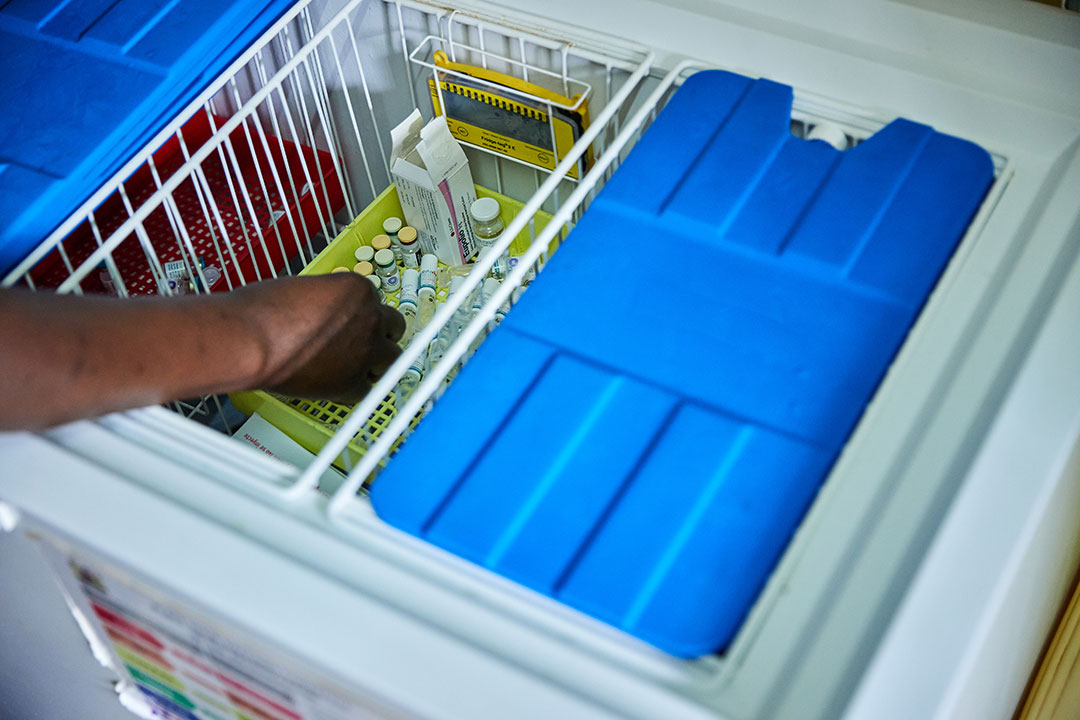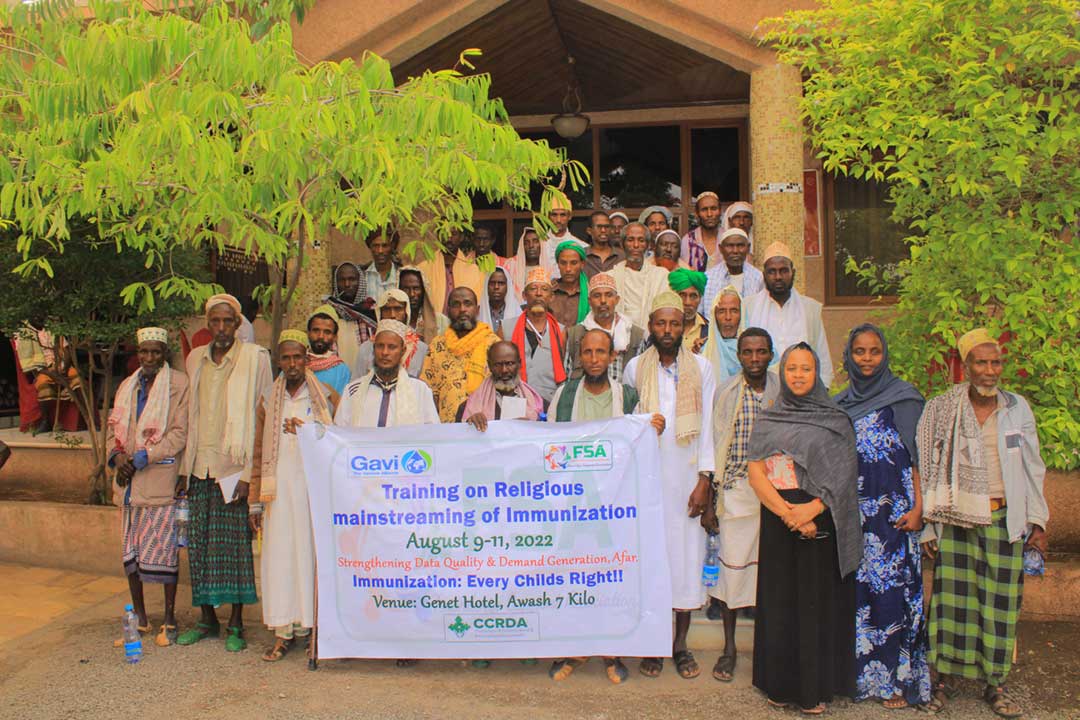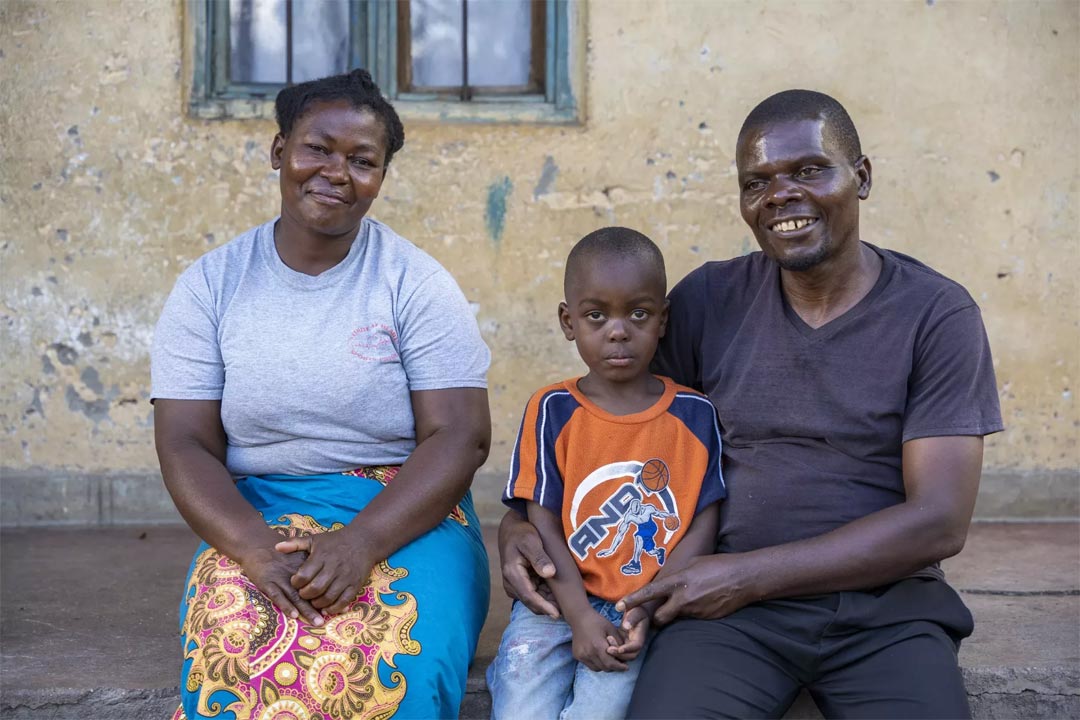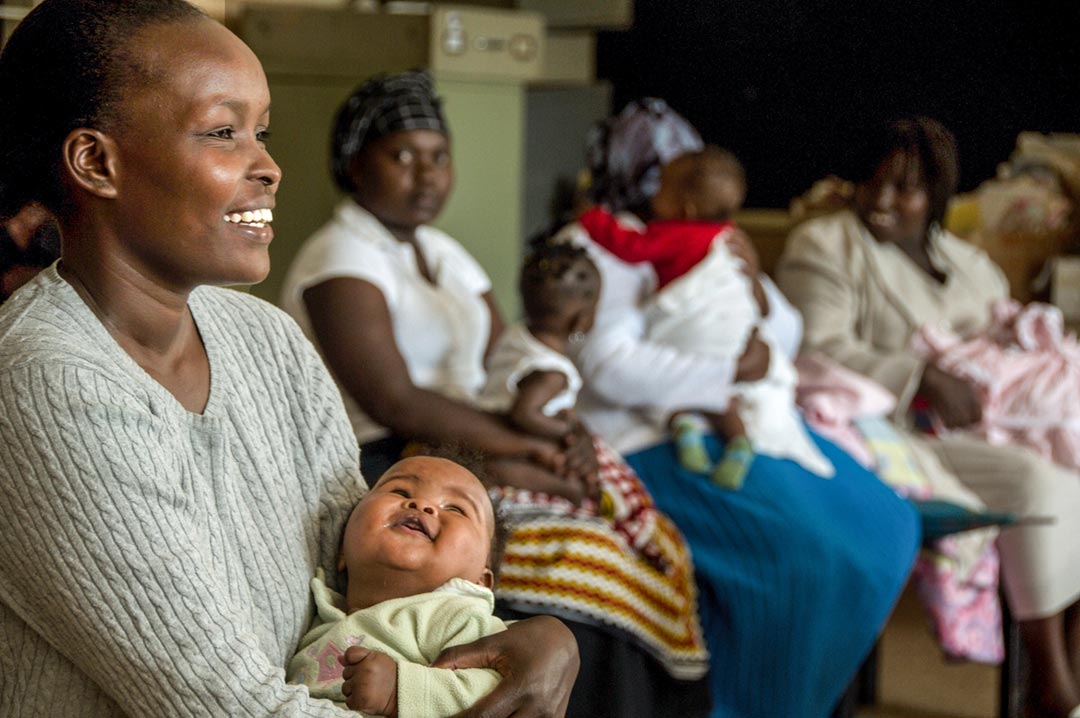COVID-19 and the cost of vaccine nationalism
Without a vaccine, the worldwide economic impact of COVID-19 would have been $3.4 trillion a year. But even with a COVID-19 vaccine, unequal allocation could cost the global economy up to $1.2 trillion a year in GDP.
- 25 January 2021
- 6 min read
- by RAND Corporation
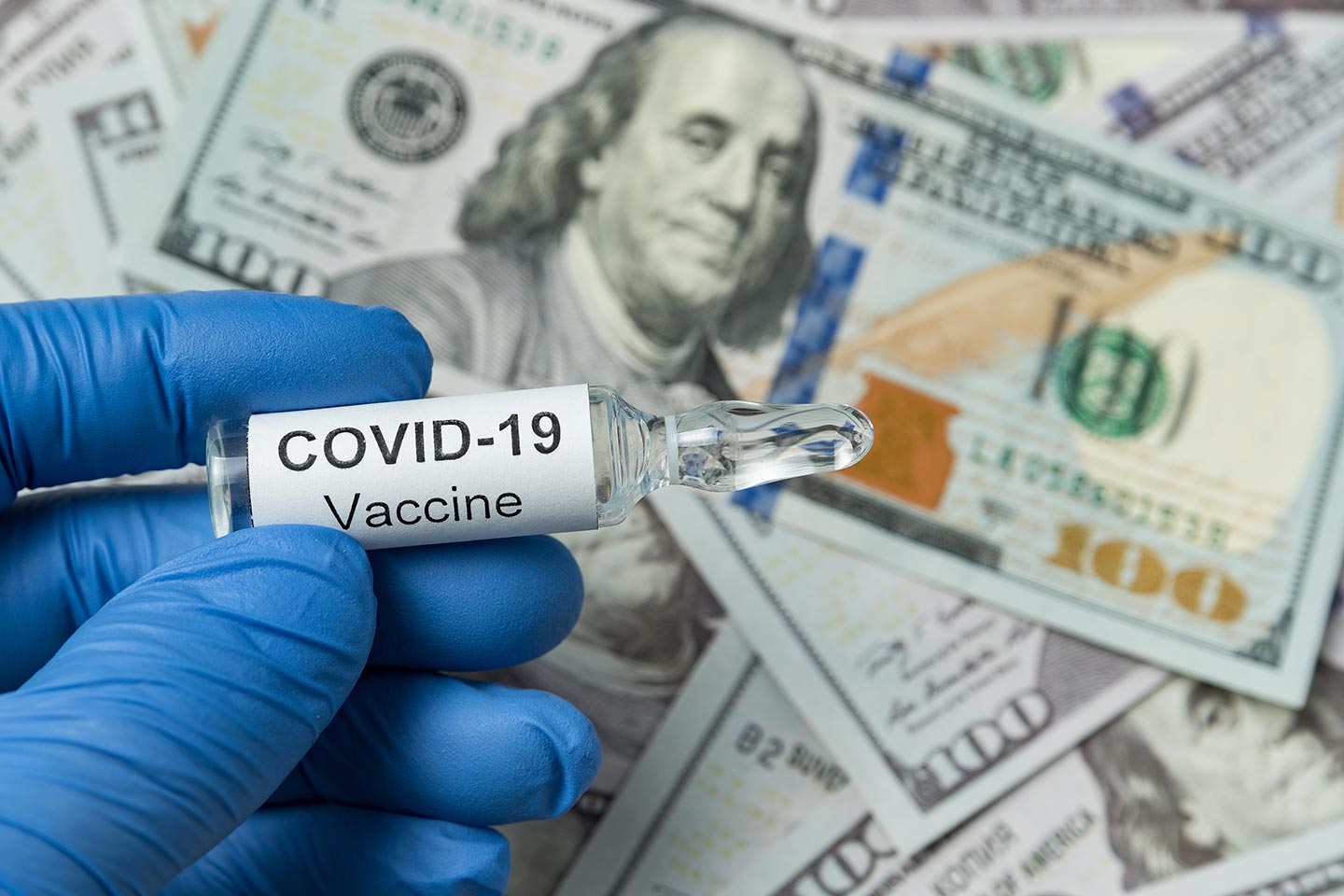
What is the issue?
Millions of people worldwide have been infected with COVID-19 and so far, more than a million have lost their lives because of the pandemic. A huge global research effort is taking place to bring a fast-tracked vaccine to the market. As of late October 2020, there were more than 165 vaccines being developed, with some already in human trials.
But even when a safe and effective COVID-19 vaccine or treatment is eventually developed, further challenges will emerge with regards to the manufacturing and distribution process of it.
Experience from previous pandemics and the onset of the COVID-19 pandemic suggests that in responding to such events, national governments tend to follow their own interests instead of pursuing a more globally coordinated approach. A situation where countries push to get first access to a supply of vaccines and potentially hoard key components for vaccine production has commonly been referred to as ‘vaccine nationalism’. This nationalistic behaviour could have negative consequences on how well the global pandemic is managed and contained.
How did we help?
RAND Europe examined how vaccine nationalism would affect the global crisis once a COVID-19 vaccine is developed and looked at the economic effects associated with unequal access to the vaccine.
Researchers used a multi-country, macroeconomic model to determine what would happen to global economic output, depending on different scenarios in which some countries miss out on potential treatment because of vaccine nationalism.
What did we find?
Vaccine nationalism could lead to the unequal allocation of COVID-19 vaccines and cost the global economy up to $1.2 trillion a year in GDP terms. Even if some countries manage to immunise their populations against the virus, if the virus is not under control in all regions of the world, there will continue to be a global economic cost associated with COVID-19.
If the poorest countries cannot access vaccines the world would still lose about $153 billion a year of GDP. The EU would lose about $40 billion a year; the US could lose $16 billion; and the UK between $2 billion and $10 billion.
All countries will benefit economically if the world’s poorest nations have equal access to any COVID-19 vaccines developed. High-income countries would get back about $4.8 for every $1 spent on supplying vaccines.
As long as there is no vaccine against the disease, the global cost associated with COVID-19 and its economic impact could be $3.4 trillion a year. For the EU it will be about 5.6 per cent of annual GDP, about $983 billion. The loss incurred by the UK will be about 4.3 per cent — an annual loss of about $145 billion. The US loses about 2.2 per cent of annual GDP, about $480 billion.
If only one country or region—such as the US, the UK the EU-27, China, India or Russia—has the vaccine, its economy would improve substantially but economic activity would still be negatively affected because of lower foreign demand from middle and low-income countries.
Potential Cost Per Year of Vaccine Nationalism
Here we show estimated changes in real annual GDP for four scenarios compared to a hypothetical baseline scenario where every country can successfully inoculate its population against the virus. In the first scenario, no countries have access to a vaccine. In the next scenario, the only countries that have access to a vaccine are nations that are currently mentioned as potential candidates for having early vaccine access. In the other two scenarios, no middle- and/or low-income countries have access to a vaccine.
Have you read?
Global GDP Change
GDP Change by Country or Group of Countries
Detailed Change in GDP in Billions
| Location | World without vaccine | Vaccine nations have access | All high-income and vaccine nations have access | All high- and middle-income plus vaccine nations have access |
|---|---|---|---|---|
| World | -$3,449 | -$1,232 | -$292 | -$153 |
| EU-27 | -$983 | -$311 | -$76 | -$40 |
| USA | -$480 | -$127 | -$30 | -$16 |
| China | -$356 | -$110 | -$27 | -$14 |
| UK | -$145 | -$41 | -$10 | -$5 |
| India | -$88 | -$26 | -$7 | -$3 |
| Russia | -$52 | -$18 | -$5 | -$2 |
| Other high-income* | -$997 | -$453 | -$73 | -$39 |
| Other middle-income† | -$147 | -$65 | -$30 | -$6 |
| Other low-income‡ | -$200 | -$82 | -$35 | -$28 |
What needs to be considered?
Global competition or vaccine nationalism may prevent a COVID-19 vaccine reaching those most in need. Ineffective allocation of any vaccine could mean that vulnerable people in certain countries receive the vaccine after lower risk individuals in other countries, leading to preventable deaths.
Investing in vaccine development and equitable access would be economically beneficial in the long run. Current spending by leading economies on vaccine development and allocation is relatively small compared to the economic loss associated with COVID-19 and it makes business sense for them to invest substantially more in vaccine development and distribution. This approach could form the basis for boosting the global cooperative effort.
To encourage international sharing of vaccines, enforceable frameworks for vaccine development and distribution are needed and should be managed by established international forums. Countries need to be bound by an agreement and not feel that they can limit supplies again when it suits them.
The international effort to support vaccination distribution needs to be sustained over time. Moreover, it will probably extend beyond most political cycles. As such, global cooperation could help to take the short-term thinking out of decision-making and focus on the long-term aspirations for the health of the global population and economic development.
Project team
Marco Hafner
Senior Economist
Christian Van Stolk
Executive Vice President, RAND Europe
Eliane Dufresne
Research Assistant
Website
This article was originally published by the RAND Corporation.
More from RAND Corporation
Recommended for you

